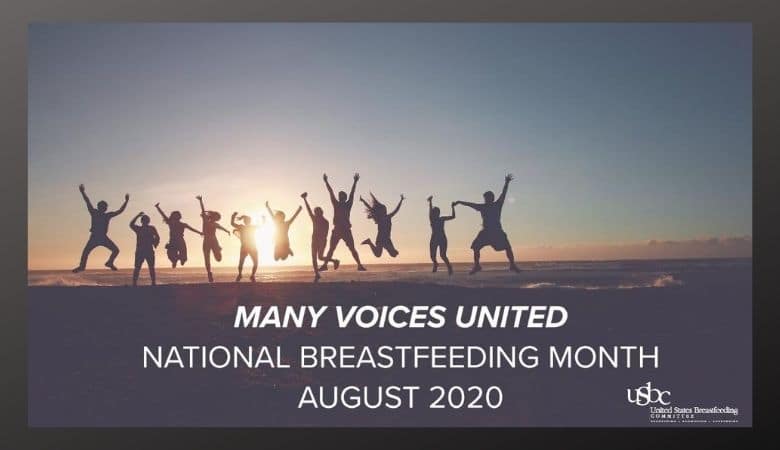
Photo: United States Breastfeeding Committee
World Breastfeeding Week, National Breastfeeding Month, and Black Breastfeeding Week are opportunities for us to celebrate, educate, and advocate breastfeeding in the US and across the globe. They are also a time to take stock. What have we achieved? Where should we focus our resources and energies in the coming year? How have local, national, global events influenced our priorities, our strategies, and our goals? What partnerships should we continue to foster, what new partnerships can we forge to achieve standing and new goals?
This year, World Breastfeeding Week focused our attention on “support breastfeeding for a healthier planet,” the contribution of breastfeeding to the health of our global environment—a moment to educate and honor the positive impact of breastfeeding and the harm of formula production and marketing.
Emergency between crises
The theme of the third week of US National Breastfeeding Month is “Spotlight on Infant and Young Child Feeding in Emergencies.” This week is bracketed by Native Breastfeeding Week and Black Breastfeeding Week: Revive, Restore, Reclaim. Emergency caught between two crises.
The dictionary defines emergency as “ a serious, unexpected, and often dangerous situation requiring immediate action.” Crisis is “a time of intense difficulty, trouble, or danger” and “a time when a difficult or important decision must be made.” Emergencies not addressed can and do lead to long-term crises. Crises can and do exacerbate the urgency and serious outcomes of emergencies.
COVID-19 is an emergency. Social systemic inequities and widespread cultural disrespect that result in enormous disparities in survival, mortality, and morbidity of large groups is an ongoing crisis. At this time, our national emergency and crisis have come together, each impacting the other with devastating outcomes. This could lead to a deepening and worsening of both the emergency and the crisis. It could also lead to our society taking stock, and furthering the long, difficult, crucial process of addressing the crisis. These are not mutually exclusive; both will happen simultaneously, in different locations, different arenas.
Think globally, act locally
Breastfeeding and maternal-child health are one small aspect of the COVID-19 emergency and of the ongoing crisis of racial and cultural disparities, disrespect, and ignorance. We cannot solve either problem alone. But when we “think globally, act locally” we can make a difference. Each community has unique needs, priorities, and challenges, and the skills and wherewithal to address them. We teach parents that they know their children best, and it is our job to listen and support their knowledge, needs, and goals. Similarly, communities know themselves best. It is our job to support their knowledge and goals with our ongoing learning, engagement, vigilance, and effort, making mistakes and trying again.
As we do on World Breastfeeding Week, National Breastfeeding Month, and Black Breastfeeding Week every year, we will celebrate, together and separately; educate ourselves, one another, and others; advocate for and contribute to equity and cultural respect. What are our communities’ goals for the coming year? How will local, regional, and national groups support them? What will we celebrate together at World Breastfeeding Week, National Breastfeeding Month, and Black Breastfeeding Week 2021?








